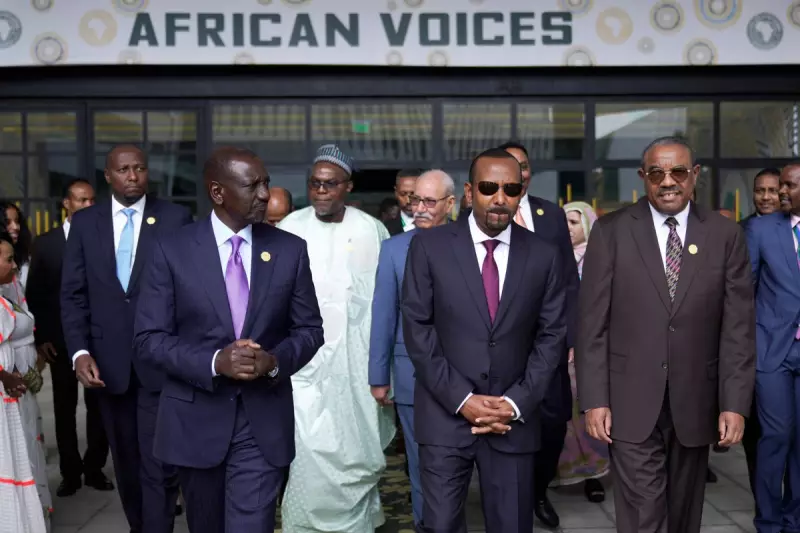
In a move that escalates regional tensions, Ethiopian Prime Minister Abiy Ahmed has outright dismissed an offer from Kenyan President William Ruto to mediate in the fierce diplomatic dispute between Addis Ababa and Mogadishu.
The controversy centres on a landmark memorandum of understanding (MoU) signed between Ethiopia and the breakaway region of Somaliland. This agreement would grant landlocked Ethiopia coveted commercial and military access to the Red Sea via the port of Berbera, a strategic geopolitical prize. In return, Ethiopia would become the first nation to officially recognise Somaliland's independence—a move that has infuriated the federal government of Somalia, which considers Somaliland part of its sovereign territory.
A Firm Rejection and a Justification
Speaking to lawmakers, PM Abiy Ahmed stated, "While we appreciate the concern of our brothers in Kenya... the agreement with Somaliland is a matter of economic survival for Ethiopia, not an issue for mediation." He framed the deal as a critical step towards mitigating his country's historical vulnerability as Africa's most populous landlocked nation, reliant on its neighbours for sea access.
Somalia's Furious Response
The response from Mogadishu has been swift and severe. Somalia has recalled its ambassador to Ethiopia and declared the MoU an act of "aggression" and a blatant violation of its sovereignty. The government has vowed to defend its territorial integrity "by all legal means," appealing to the United Nations, the African Union (AU), and the Arab League for support.
Kenya's Attempt at Diplomacy
Caught in the middle of its two neighbours in the volatile Horn of Africa, Kenya's President Ruto had offered to host dialogue to prevent the situation from spiralling into a broader conflict. Nairobi has historically played a key role in mediating regional disputes and has a vested interest in stability on its borders.
Abiy's public rejection of this offer is seen by analysts as a significant snub to a regional power and a signal that Ethiopia is prepared to pursue its strategic interests despite international pressure and the risk of further destabilising the region.





